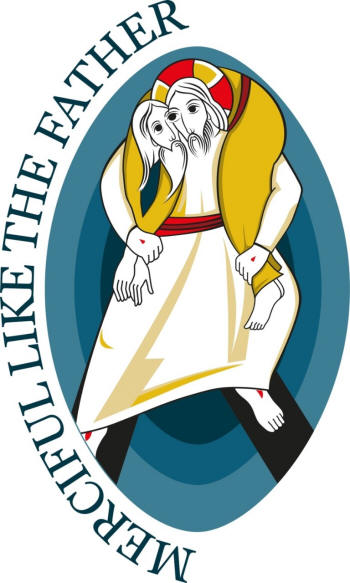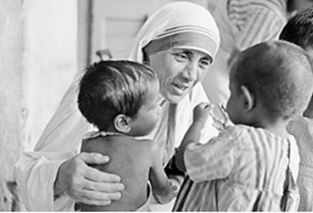Catholic Medical Quarterly Volume 66(4) November 2016
Editorial
The Year of Mercy: A Legacy for Health Care?
Dr Adrian Treloar
 The
Year of Mercy has focussed all of our minds upon the centrality of mercy
in everything that we do. That applies, perhaps, especially to health care
workers.
The
Year of Mercy has focussed all of our minds upon the centrality of mercy
in everything that we do. That applies, perhaps, especially to health care
workers.
At our conference in July we focussed upon the importance of mercy in palliative care. The Church and the Vatican has, arguably, focussed most upon mercy in the family and in the ways in which we interact with society around us.
Many had hoped that the Synod on the family might change the Church’s
teaching on marriage and family. In fact, to a simple observer who is also
a doctor, the goalposts were always going to be difficult to move.
Medical ethics follow a similar set of immovable rights and wrongs.
Changing jurisdictions do not make bad things good. Marriage is sacred,
given by God and a vocation uniquely created by God. In that vocation
marriage is described as:
- Fully human
- Total (100% committed)
- Faithful and exclusive of all other, until death and
- Open to life.
That beautiful and (I think) joy filled description of marriage is the central statement of Humanae vitae. In a world that has become so deprived of the vision of stable married love that vision is, if anything, more relevant than ever before.
In our conference in Twickenham we explored good palliative care. The weekend was hugely appreciated by many and another wonderful opportunity to meet up and share thoughts, hopes and and ideas with other Catholic health-care workers. There was a tremendous sense of mercy imbuing all of the discussions that day. Our voice must truly be one of mercy and compassion
In this issue we publish four short reports on the conference by young doctors and nurses who were at the conference. More of our young members were unable to come as they were with the Pope in Krakow at world youth day.
In his encyclical Amoris Laetitiae, and throughout this year of Mercy, Pope Francis has called us to be pastoral and merciful towards those who struggle. The Church too, has set out how she must be merciful to all who struggle and who have struggled with difficult marriages and families etc.
 Finally
St Theresa of Calcutta's canonisation reminded us all of one great saint's
practical mercy.
Finally
St Theresa of Calcutta's canonisation reminded us all of one great saint's
practical mercy.
The call to mercy and compassion rings especially loudly for doctors, nurses and other healthcare workers. Part of the mercy and compassion must include the ability to inspire and draw people towards the wonderful vision of human life that the Church expresses so beautifully. The loving vision of Humane Vitae set out briefly above is but one of the things which we need to explain and inspire people with. The fundamental realities of what is right, wrong, permissible and not permissible do not change. Nor does the need to express and inspire that message both mercifully and compassionately. St Theresa of Calcutta uniquely embodied that caring compassion to which we all should aspire as health-care workers.
There is much to do. We must carry forward a great legacy from the Year of Mercy.
